As cities grow and lifestyles evolve, the need for self-storage solutions has skyrocketed. More people than ever before are seeking convenient, secure, and accessible places to store their personal items. Today, self-storage isn’t just about finding extra space—it’s about using cutting-edge technology to enhance the entire experience. From automated systems to climate control and smart surveillance, the self-storage industry is adapting to meet the modern consumer’s needs. Let’s take a closer look at how technology is shaping the future of storage facility design and management.
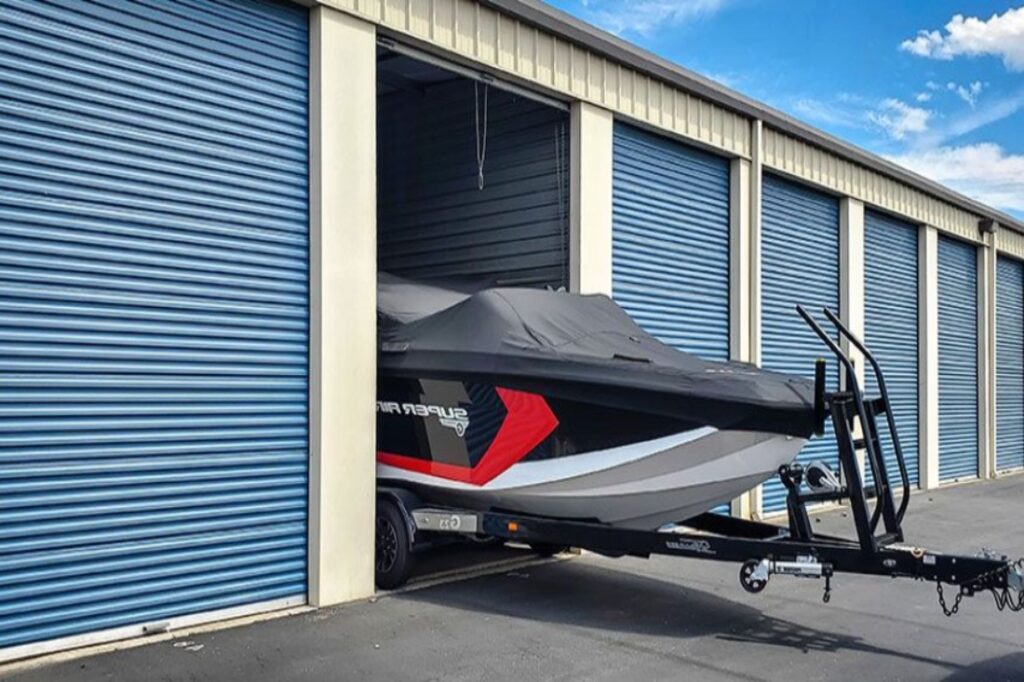
The Growing Role of Technology in the Storage Industry
Over the last decade, the self-storage industry has experienced rapid growth. Urbanization has made it more difficult to store personal belongings within the home, leading to increased demand for external storage spaces. And with that, technology has played a major role in transforming storage facilities from simple spaces to high-tech hubs designed to meet the needs of today’s customers.
Consumers now expect more than just an empty unit to stash their belongings. They want convenience, security, and reliability—qualities that technology can deliver. Self-storage businesses are beginning to integrate technology into every aspect of their operations, from the way units are accessed to how they are monitored for security. As technology continues to advance, the industry will only become smarter, more efficient, and more adaptable.

Smart Storage Solutions: The Rise of IoT
One of the most significant innovations in storage facilities is the adoption of the Internet of Things (IoT). In simple terms, IoT refers to the connection of devices and systems that can communicate and share data with each other. In the context of self-storage, this technology has revolutionized the way storage units are monitored and accessed.
Take smart locks, for example. Many modern storage facilities now offer keyless entry, where tenants can use their smartphones to unlock their units. These smart locks not only provide added convenience, but they also improve security by sending real-time alerts when access is granted. Additionally, facility managers can monitor the usage of locks remotely, ensuring that everything runs smoothly.
Another exciting application of IoT technology in storage is real-time monitoring systems. These systems allow facility managers to track unit occupancy, temperature fluctuations, and security breaches. This information can be accessed from anywhere, allowing for quicker responses to issues and more efficient management.
Automation and AI: Streamlining Operations
Automation and artificial intelligence (AI) are reshaping the way self-storage facilities operate. With the help of automation, many facilities can maximize the use of space, reducing the need for human intervention. Automated systems can organize storage units and even help customers retrieve their items more easily, cutting down on labor costs and making the entire process faster and more efficient.
AI also plays a key role in predictive maintenance. By analyzing data from sensors and monitoring systems, AI can predict when a unit or piece of equipment is likely to need maintenance. This proactive approach helps prevent costly repairs and ensures that everything is functioning at peak performance.
AI-powered systems also help with customer experience. Many self-storage facilities now use AI to personalize their services, offering recommendations based on customers’ storage needs. This could include suggesting unit sizes based on the amount of space a customer typically uses or offering tailored deals based on their usage history.
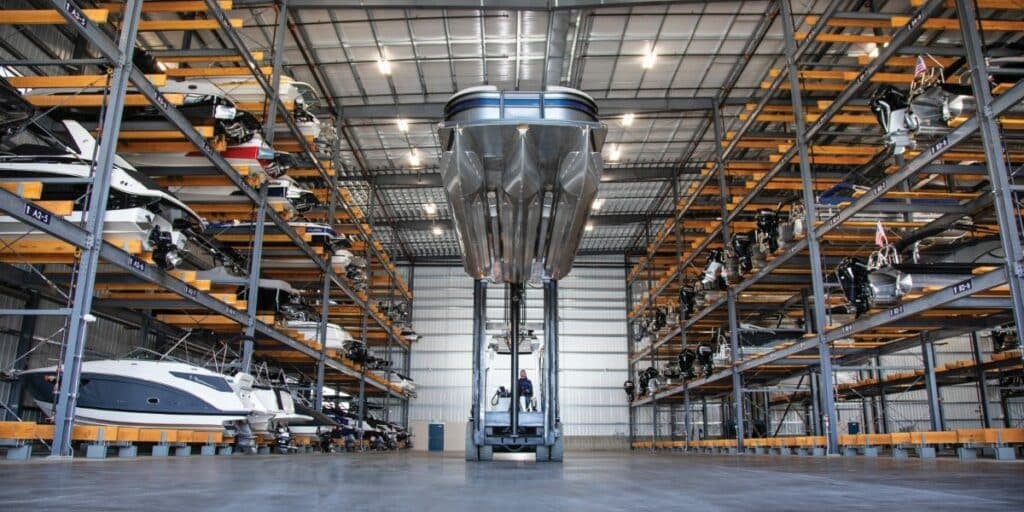
Enhanced Security Features Through Technology
Security is one of the most critical factors for any storage facility. People store valuable items in these units, and keeping those items safe is of utmost importance. Fortunately, technological advancements are making storage facilities more secure than ever.
One of the most exciting developments in storage facility security is the use of AI-powered surveillance cameras. These cameras can detect unusual behavior, identify faces, and even recognize specific objects or movements. If something suspicious is detected, the system can immediately alert facility managers, enabling them to respond quickly and appropriately.
Smart access control systems are another major security feature in modern storage facilities. Gone are the days of traditional keys or passcodes. Now, many facilities offer biometric access, such as fingerprint or facial recognition, to ensure that only authorized individuals can access their storage units. This eliminates the risk of lost or stolen keys, adding an extra layer of protection.
Additionally, with the rise of cloud-based storage management, data security has become a top priority. As storage facilities move more of their operations online, safeguarding customer information is essential. Encryption and multi-factor authentication are increasingly being used to protect sensitive data from breaches.
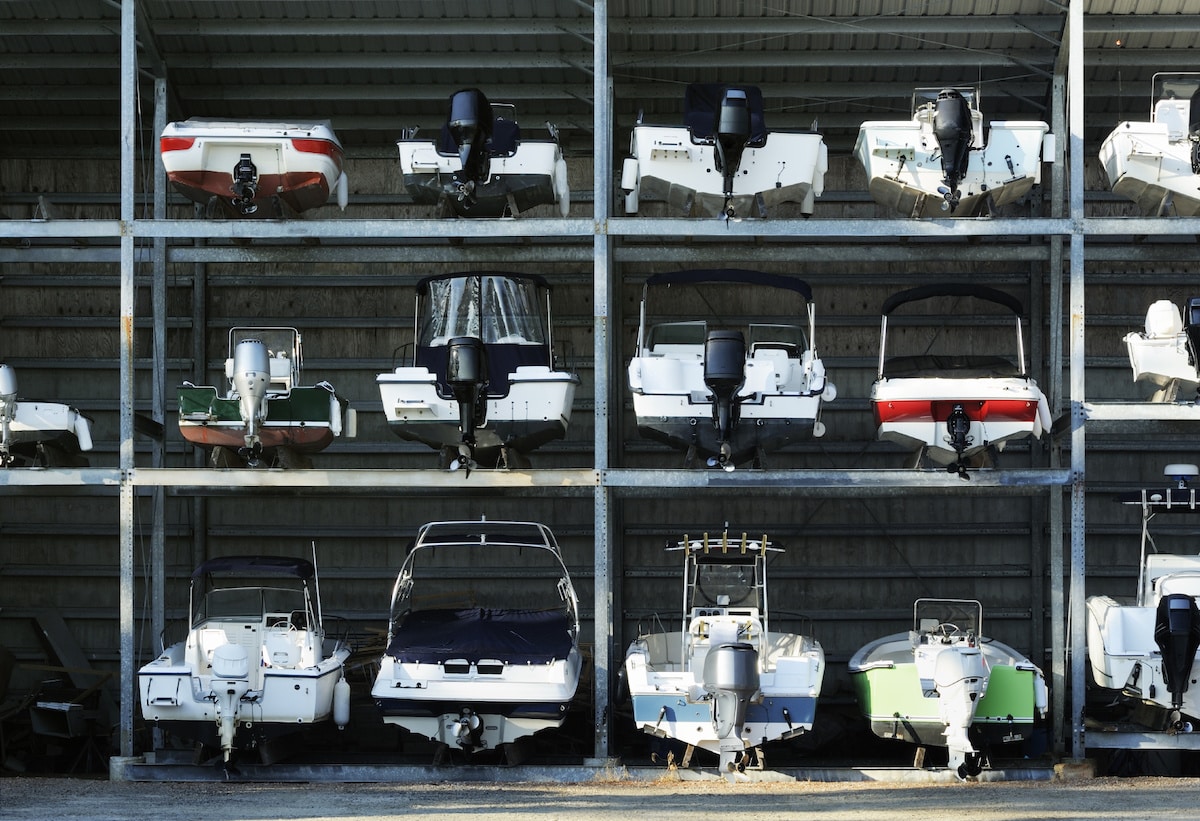
Climate Control and Energy Efficiency
For certain types of items, such as electronics, artwork, and antiques, climate-controlled storage is a must. Extreme temperatures and humidity can cause irreversible damage to sensitive belongings, which is why climate-controlled storage units are becoming increasingly popular.
With the addition of smart technology, Lake Oconee boat storage and other climate-controlled units are now more efficient than ever. IoT-enabled systems allow facility managers to monitor and adjust temperature and humidity levels remotely, ensuring that items are kept in the ideal environment. This level of precision helps preserve delicate items for longer periods, making it an essential service for customers storing high-value goods.
Not only do these systems protect valuable items, but they also improve the facility’s overall energy efficiency. Smart climate control systems can automatically adjust settings based on external weather conditions or peak usage times, reducing energy consumption and lowering operational costs.
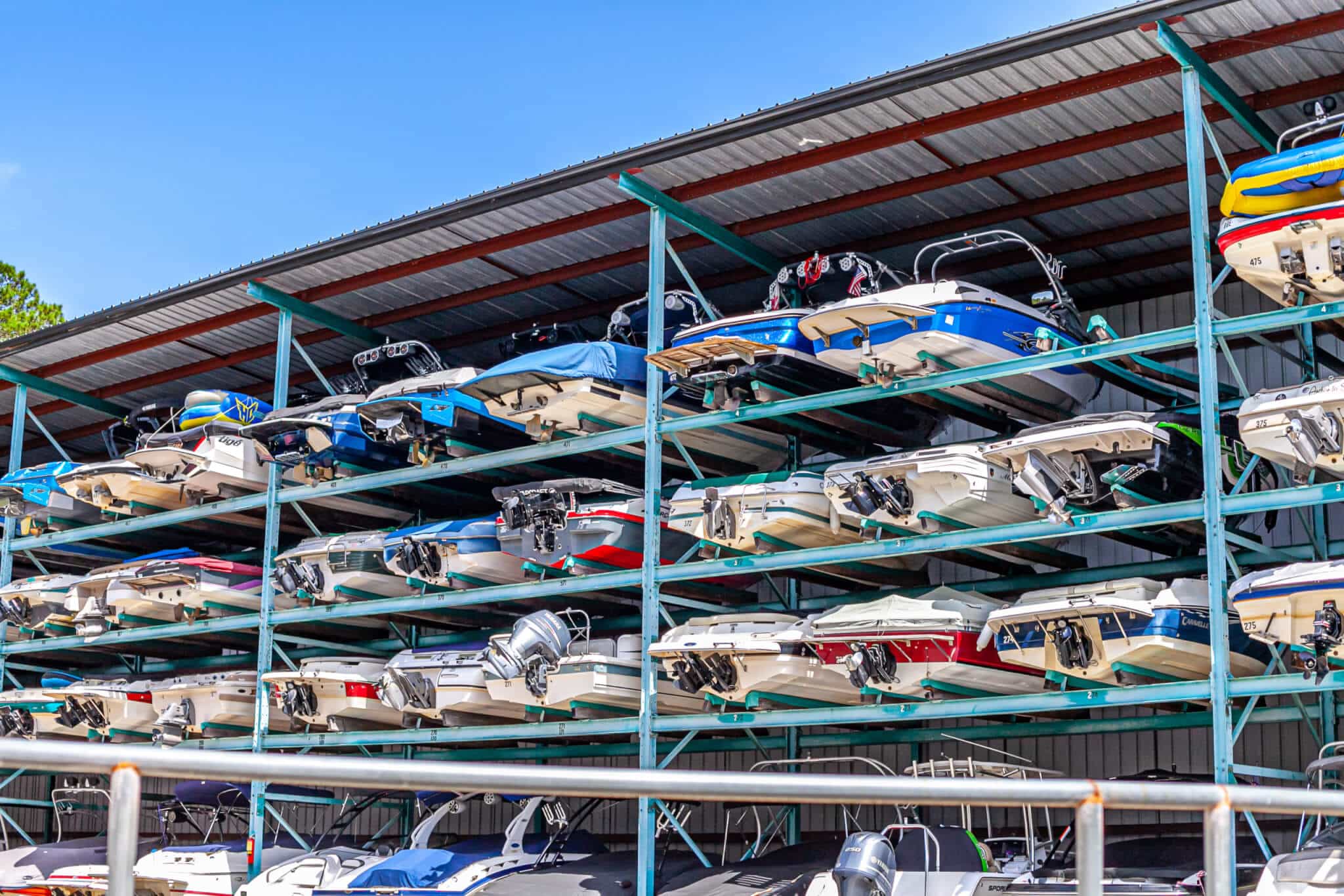
The Growth of Specialized Storage Options
As self-storage evolves, we’re seeing a rise in specialized storage options that cater to specific needs. Lake Oconee boat storage, for example, allows boat owners to safely store their vessels during off-season months. These specialized facilities are equipped with larger units, extra security features, and climate control to ensure boats are properly maintained while in storage.
Similarly, there are facilities dedicated to storing cars, RVs, and even wine collections. With the help of technology, these storage facilities offer tailored solutions to meet the unique needs of their customers. Whether it’s ensuring the perfect climate for fine wine or providing an extra-large space for a recreational vehicle, specialized storage units are becoming more common.
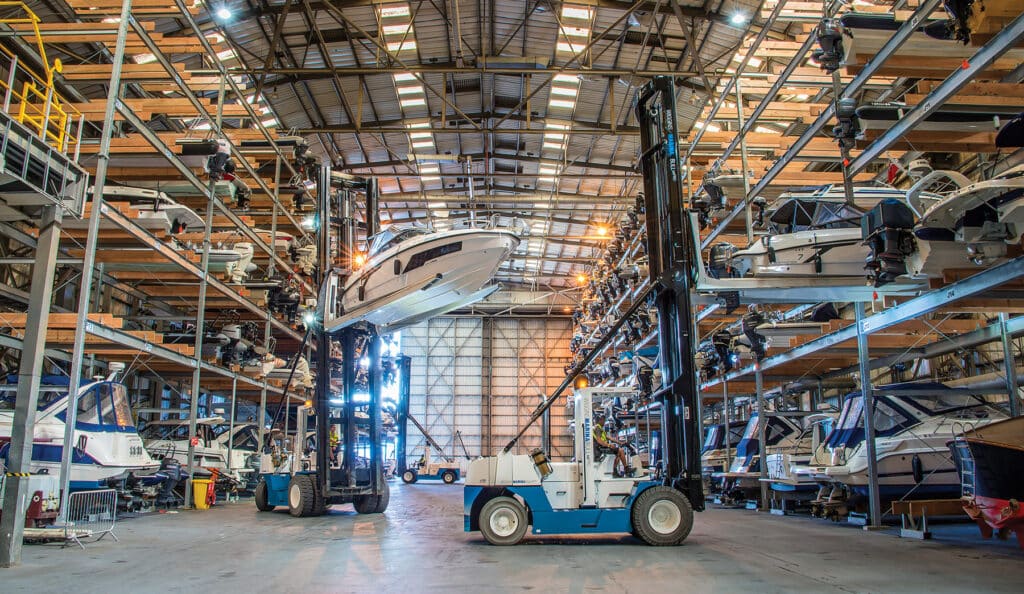
Customer Experience Enhancement Through Technology
Customer experience is a key driver for success in the self-storage industry. Technology is helping companies improve the customer journey from start to finish. For example, many self-storage facilities now offer online booking systems, allowing customers to reserve units and make payments from their smartphones or computers.
Mobile apps are another tool that enhances customer experience. These apps allow customers to manage their storage units remotely, from checking the availability of units to accessing their units with keyless entry. Some apps even let customers report issues or request assistance with just a few taps.
In addition to convenience, technology is helping storage companies offer better customer service. With AI, facilities can analyze customer behavior and personalize offers, making it easier to meet the specific needs of each individual.

The Future of Storage: What’s Next?
The future of storage is undoubtedly tied to technological innovation. In the coming years, we can expect further developments in automation, AI, and IoT. Emerging technologies, like 5G and augmented reality (AR), may also make their way into the storage industry, offering new ways for customers to interact with storage spaces and manage their belongings.
As technology continues to improve, the self-storage industry will become more efficient, secure, and customer-centric. Whether it’s offering more personalized services, improving energy efficiency, or providing specialized storage solutions, technology will continue to shape the future of storage.
Conclusion
The future of storage is being shaped by technology at an accelerated pace. From smart locks and AI-powered surveillance to climate control and specialized storage options, the self-storage industry is undergoing a major transformation. By embracing these innovations, storage companies can enhance security, increase operational efficiency, and improve the customer experience. As the industry continues to evolve, it’s clear that technology will remain at the heart of the self-storage experience for years to come.
- 0shares
- Facebook0
- Pinterest0
- Twitter0
- Reddit0


